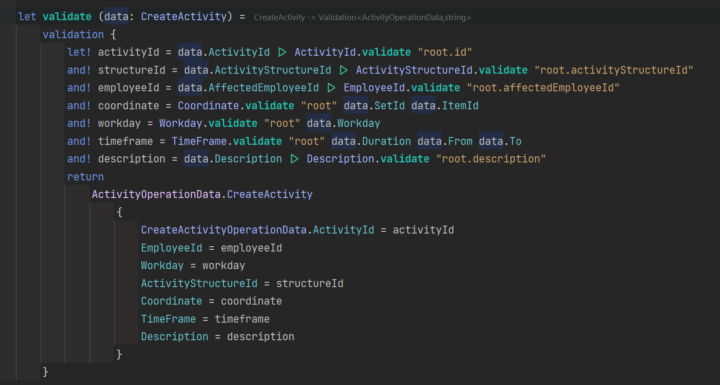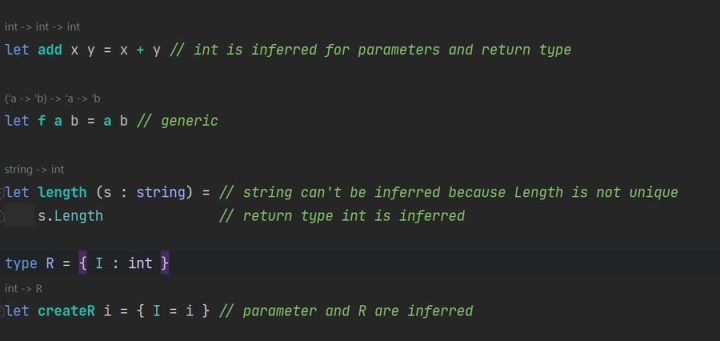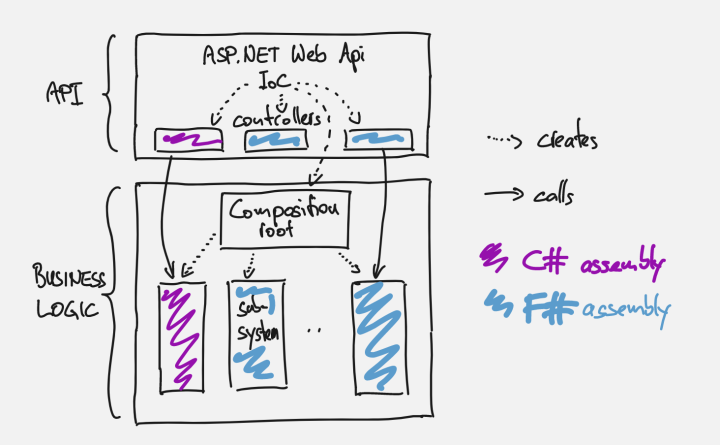
When I show F# code to non-F#ers, I often get a reaction that goes something like this: “This code looks kind of nice, but we don’t have math problems to solve, so F# is not for us.”
By the way, the code I show typically has nothing to do with math. We don’t solve math problems with F#. We write a business application with it.
So I wonder why I hear this almost every time when I present about F#. Some guesses:







